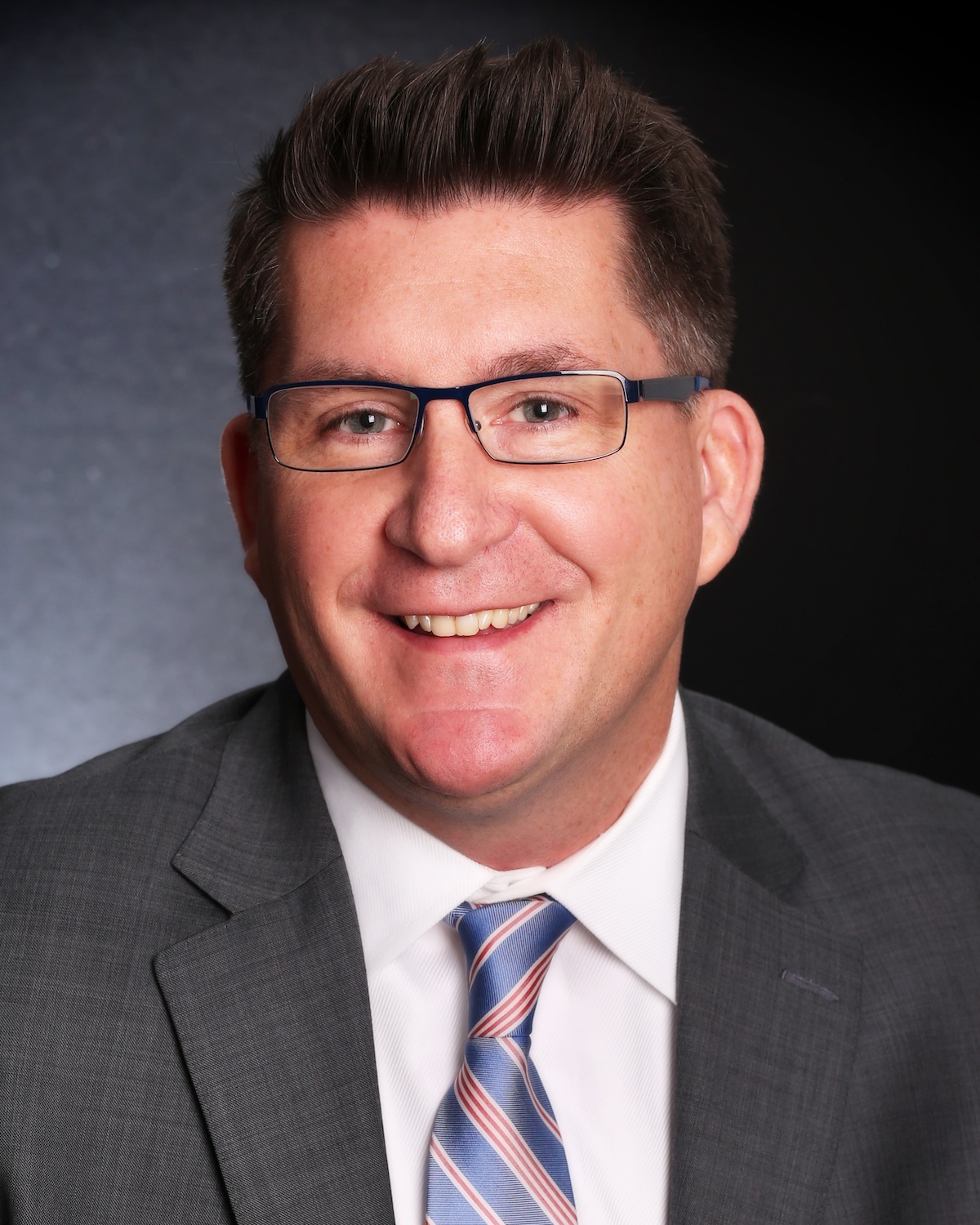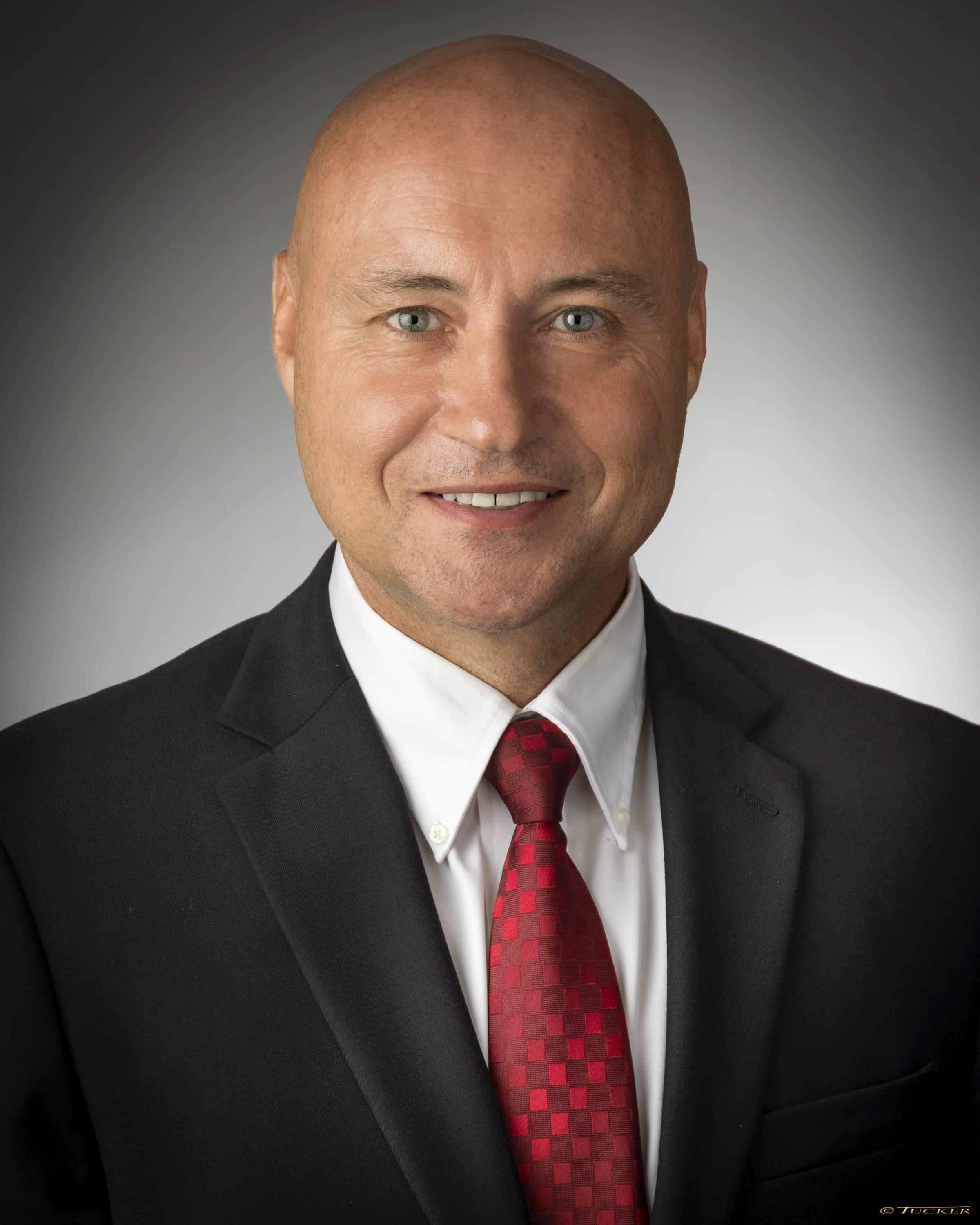FHFA Statement of Alfred Pollard
On April 7, the Federal Housing Finance Agency (FHFA) released the statement of Alfred M. Pollard before the Nevada State Legislature Judiciary Committee.
Testimony
Statement of Alfred M. Pollard, General Counsel, FHFA, before the Nevada State Legislature Judiciary Committee
Chairman Brower and members of the Committee, thank you for the opportunity to appear before you today to address Senate Bill 306, which makes certain revisions to the Uniform Common Interest Ownership Act as adopted in Nevada. SB 306 makes important changes to the law regarding the appropriate exercise of certain lien rights of common interest communities and the relationship to the important property rights of homeowners and lenders. This has been the subject of recent attention due to a decision of the Nevada State Supreme Court. As the Federal Housing Finance Agency (FHFA), the Agency for which I serve as General Counsel, and Fannie Mae and Freddie Mac are parties to litigation across the state following that decision, I will not be addressing any matters involved in these cases. I may address topics that are raised in the litigation insofar as they relate to the legislation before the Committee that amends current law. For purposes of brevity, I may refer to common interest communities as homeowner associations or HOAs during my remarks, although I am aware of the various forms of such arrangements.
In sum, Senate Bill 306 with the proposed amendments does no harm to the principle of supporting homeowner associations seeking to maintain common areas at a time when certain unit owners are unwilling or unable to pay their monthly assessments. The revisions contained in the bill will assist in assuring proper and timely notice to all interested parties of unpaid assessments and possible foreclosure actions.
FHFA and the Enterprises
FHFA is responsible for the effective supervision and regulation of Fannie Mae and Freddie Mac (the Enterprises) and the Federal Home Loan Bank System, which includes twelve Federal Home Loan Banks and the Office of Finance. FHFA’s mission is to ensure that these regulated entities operate in a safe and sound manner and that they serve as a reliable source of liquidity and funding for housing finance and community investments. Since 2008, FHFA has also served as conservator of Fannie Mae and Freddie Mac.
The Enterprises are major supporters of housing finance in Nevada and have significant positions in lending for units in common interest associations. The Enterprises act through approved sellers that originate such loans and servicers that manage the collection of principal and interest payments and address any problems facing unit owners in meeting their obligations.
FHFA is concerned about state super-priority liens granting priority rights in foreclosure proceedings to HOAs. The existence of super liens increases the risk of losses to the Enterprises and, ultimately, the taxpayers. Today, I will discuss FHFA’s concerns and how SB 306 and the proposed amendment can help address some of those concerns.
The Problem
The financial crisis and its attendant economic displacement have created problems for many HOAs, not only here in Nevada but across the country. In many cases, associations have had a larger than normal number of delinquent unit owners failing to meet their obligations to pay monthly assessments. This point remains critical—such payments are fundamentally the responsibility of the unit owner, not of a lender who financed the purchase of the property or a secondary market participant like the Enterprises.
HOAs have had to cajole, threaten and even resort to legal action to secure payments of these monthly dues. Certain states, such as Nevada, have created so-called “super-priority” liens that provide if a property is sold at foreclosure, then a portion of the proceeds of a sale should go to the association to cover a certain amount of unpaid dues and these proceeds should be senior to all other liens, including an existing first mortgage. As HOAs have struggled, some states have sought to add additional expenses beyond dues to the priority lien that HOAs enjoy over other creditors of a particular unit.
With a super priority lien, the first lien holder—who may experience losses regarding a unit in the form of unpaid mortgage obligations—is being asked to cover additional costs that were not its responsibility and which would be, unlike payments for taxes and insurance, which are foreseeable, virtually impossible to escrow. Still, first lien holders have been willing to shoulder some of the burden beyond their own risks by making reasonable contributions to cover unpaid association dues. The reason is simple—maintaining common areas assists in maintaining the value of units in the association, which is to everyone’s benefit. But again, that concept has limitations and, at some point, too great a burden may be placed on lien holders who may find that altering their underwriting policies may be the appropriate course. If the risks to a first lien mortgage increase, then there may be required adjustments in mortgage pricing. How to address all these competing issues, including the ability in certain states for associations to move to a foreclosure and extinguish a pre-existing first mortgage, is the subject of this hearing.
Another aspect of the current state of the law is the impact on unit owners. First, if underwriting standards change, some unit owners may face challenges in securing a loan to buy a unit or refinance. Second, unit owners may face situations where a HOA moving to foreclosure interrupts efforts at a loan modification.
Senate Bill 306
Under Nevada law, a common interest association may foreclose on a unit on its own, employing a non-judicial foreclosure process in which lenders have little or no notice or ability to cure any unpaid HOA assessment amounts due under the priority lien. The HOA lien does not have a priority over a first mortgage lien in ordinary circumstances, but has priority in Nevada to the extent that certain costs and assessments for common expenses have not been paid.
As you are aware, a recent Nevada Supreme Court case held not only that the foreclosure by an association is in line with Nevada law, but as well that the first security lien is extinguished under the law if proper notice is provided. This was a first interpretation of the statute by the Court and endorsed the concept of extinguishing a first mortgage, which had not been the practice before.
As a result, this means an unpaid assessment of $2,000 or $3,000 could extinguish a mortgage in the hundreds of thousands of dollars. A lender therefore needs to decide whether it is willing to risk losing an obligation in the hundreds of thousands for another party’s losses in the thousands.
Senate Bill 306 as amended would improve certain elements of the current statute for parties in interest including unit owners and lenders.
I would note that the statutory provisions regarding the priority lien—NRS 116.3116-116-31168—even as amended are very complex and involve multiple possible procedural requirements. For the most part, I am addressing revisions that address the core issue of notification and the foreclosure process.
Section 1 of the bill places necessary limits on what an HOA may seek to recover. While FHFA may not agree with every provision, this section does provide much needed clarity and retains the concept that unpaid obligations are obligations of the unit owner. Section 1 provides a number of changes to clarify the scope, limitations and rules for collection of unpaid assessments.
Section 2 makes the most important contribution to certainty for all parties. First, Section 2 creates clear safeguards, including notice to the unit owner or their successor in interest and notice to the holder of a recorded first mortgage security interest of a delinquent assessment. This formal notice requirement, which requires specificity on unpaid obligations, may spur unit owners to pay their delinquencies, but in addition provides an opportunity for a security interest holder to address the lien payment. Associations must provide a formal statement of the amount of the overall deficiency with a breakdown of what the charges are for, including a separate statement of the amount of the association’s lien that is prior to the first lien mortgage and a statement that the association may foreclose and extinguish the first security lien. While I believe that such extinguishment of a first lien is not an appropriate approach for an HOA assessment, assuring proper and timely notice to holders of security interests and providing them the ability to pay the unpaid assessments and thereby protect their position is a positive step. By receiving timely notice, under the proposed amendment, the mortgagee would have until five days before a sale occurs to cure the unpaid dues obligation.
Section 3 of the bill provides for more specific guidance on notices, by certified or registered mail, to each holder of a recorded security interest or their registered agent. This is important to assure proper notice to all parties in interest.
In Section 4, the bill provides for publication in a “public place” and in a newspaper as part of the notice process. I would offer to the Committee that, if not already noted elsewhere in Nevada statute, adding “county website” to the “public place” language or otherwise clarifying that “public place” includes a county website, if such exists, would be beneficial as that is where many parties now turn along with newspapers to see if an encumbrance or potential sale affects a property.
In Section 6, the bill provides that if a payment is made by the holder of a first security interest of the amount of the priority lien no later than five days before a sale, the association’s lien does not extinguish the security interest. This is a prudent approach.
Finally, the redemption period provided in Senate Bill 306 is a rational approach to a time frame that should be workable for all parties in interest, including unit owners, so long as it assures that protections exist that are workable for first mortgage lien holders.
In sum, the majority of amendments to current law improve the current statute.
Reservations
I must be clear, however, that while the bill improves parts of the current statute, provisions that purport to extinguish first security interests of lenders are of great concern to FHFA. While I am keenly aware of the concerns of common interest associations, the remedy contained in the law remains very controversial and, in my mind, disproportionate to the goal and it will give pause to lenders doing business in such jurisdictions. Clearly, the state and, indeed, lenders want to protect associations in maintaining common areas; I hope you would still consider whether such a drastic remedy is appropriate to enforce something that is primarily the obligation of the unit owner.
Extinguishing property rights is no inconsequential matter. FHFA, which operates under federal law addressing such matters, must consider this as Fannie Mae and Freddie Mac review not only the legal issues involved, but as well the underwriting standards that apply in states that maintain such potential extraordinary remedies. FHFA has an obligation to protect Fannie Mae’s and Freddie Mac’s rights.
By way of summary, FHFA does find that most of the provisions of SB 306 improve the situation for lenders and secondary market participants in Nevada and support common interest communities, while we continue to have concerns with other sections of the existing law and practices under that law.
Again, thank you for the opportunity to appear before you today on this important topic.
Contacts:
?Media: Stefanie Johnson (202) 649-3030 / Corinne Russell (202) 649-3032
Consumers: Consumer Communications or (202) 649-3811
Please click here to view the statement online.
About Safeguard
Safeguard Properties is the mortgage field services industry leader, preserving vacant and foreclosed properties across the U.S., Puerto Rico, Virgin Islands and Guam. Founded in 1990 by Robert Klein and headquartered in Cleveland, Ohio, Safeguard provides the highest quality service to our clients by leveraging innovative technologies and proactively developing industry best practices and quality control procedures. Consistent with Safeguard’s values and mission, we are an active supporter of hundreds of charitable efforts across the country. Annually, Safeguard gives back to communities in partnership with our employees, vendors and clients. We also are dedicated to working with community leaders and officials to eliminate blight and stabilize neighborhoods. Safeguard is dedicated to preserving today and protecting tomorrow. Website: www.safeguardproperties.com.











